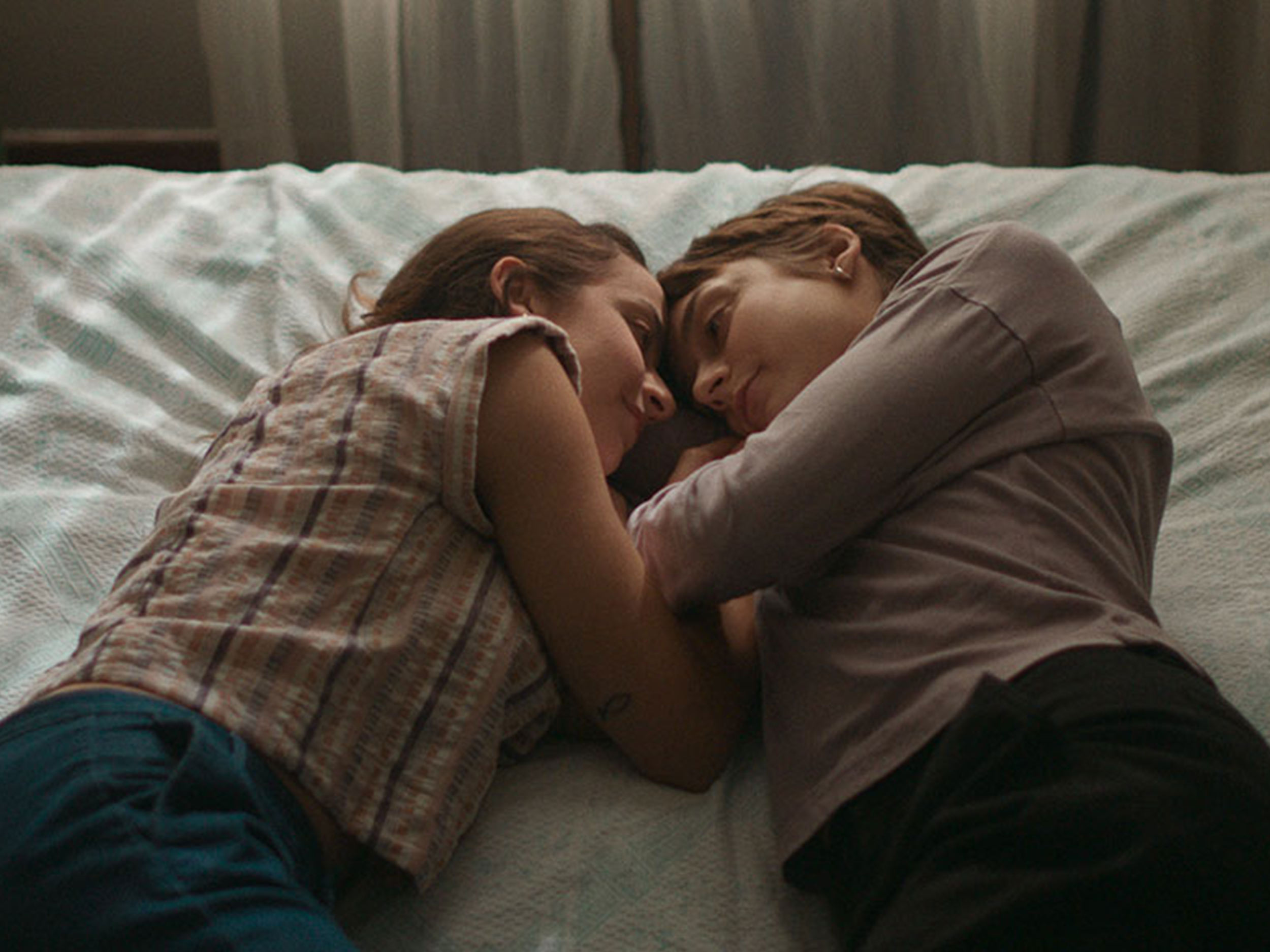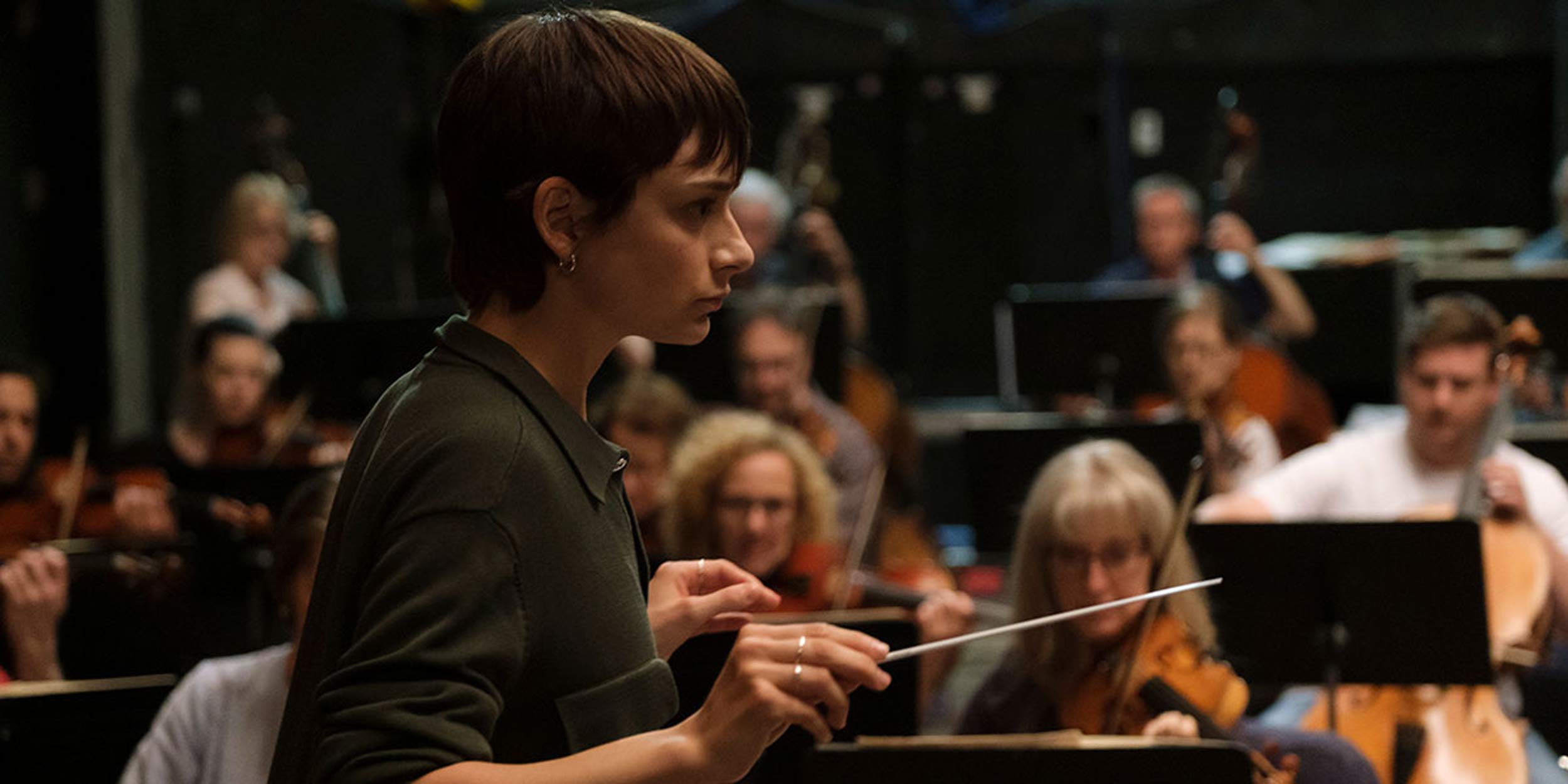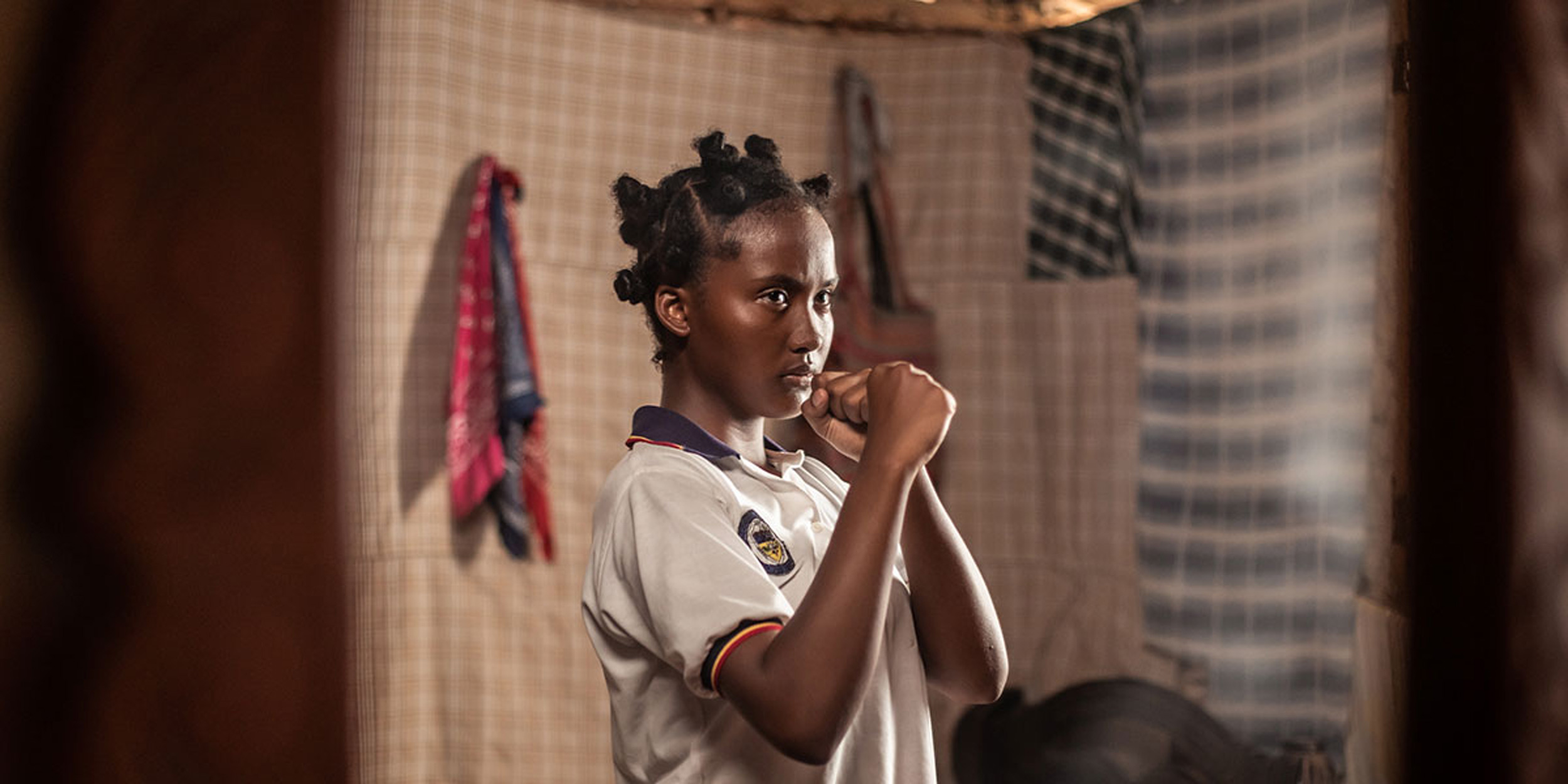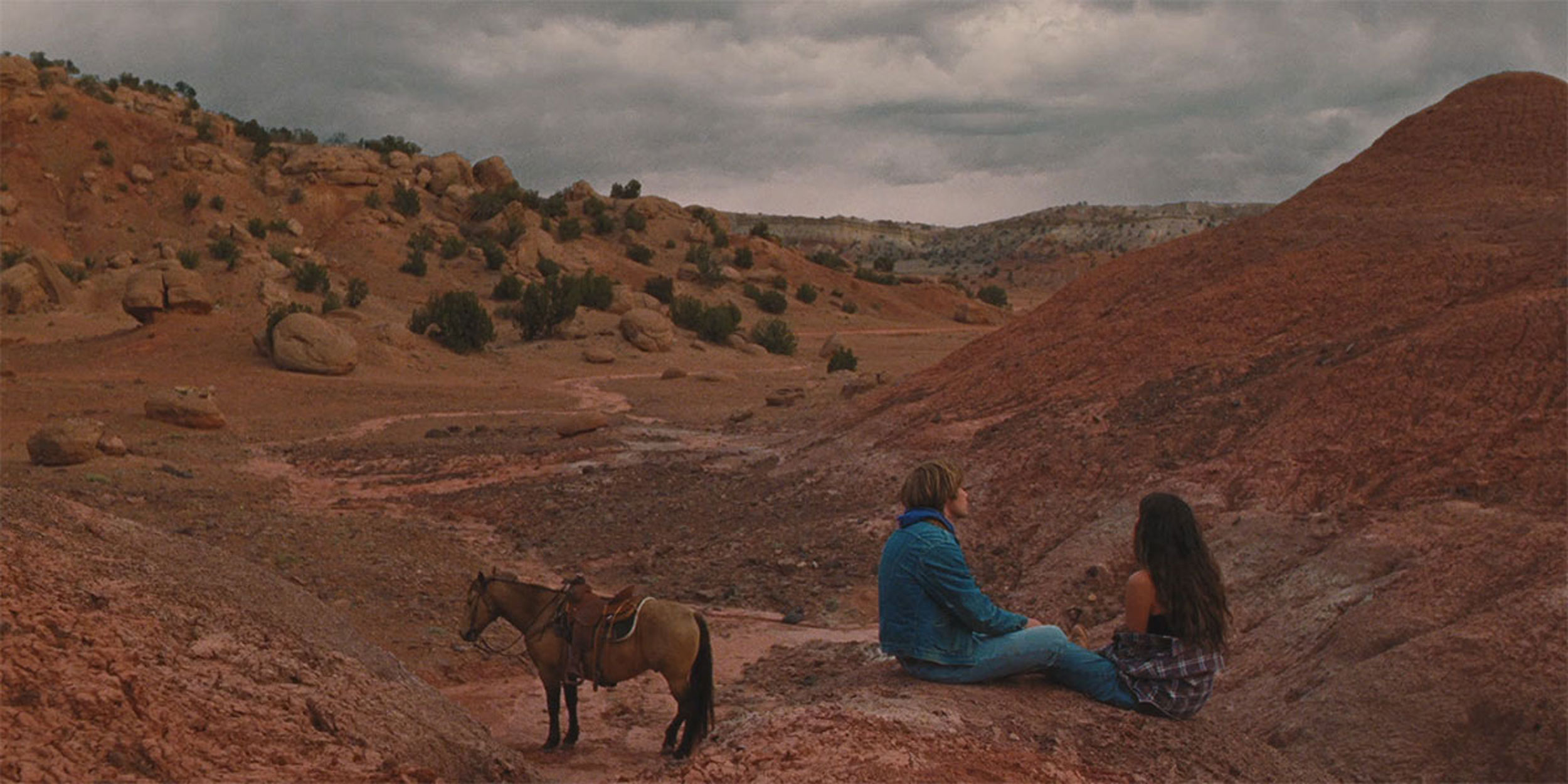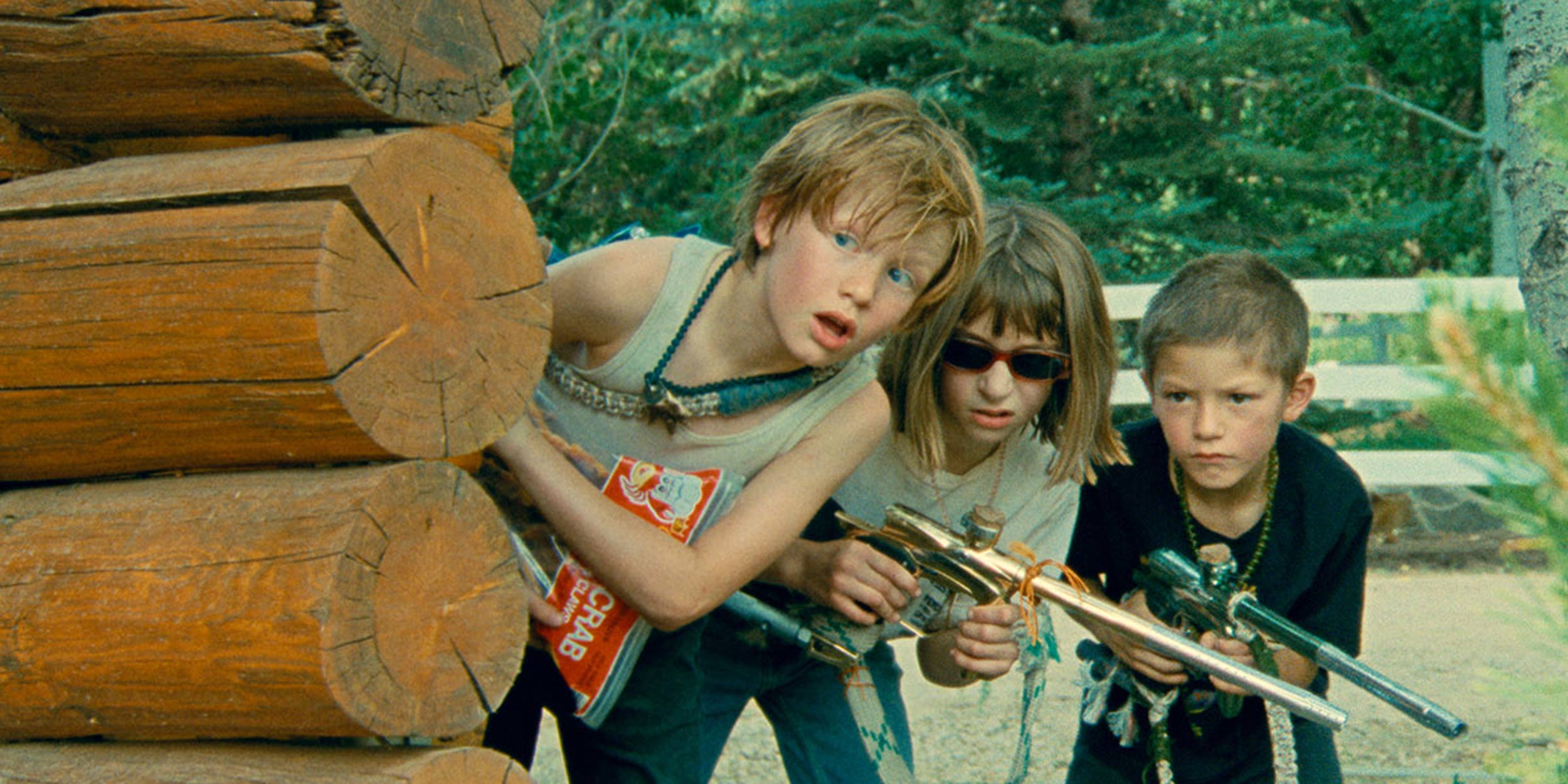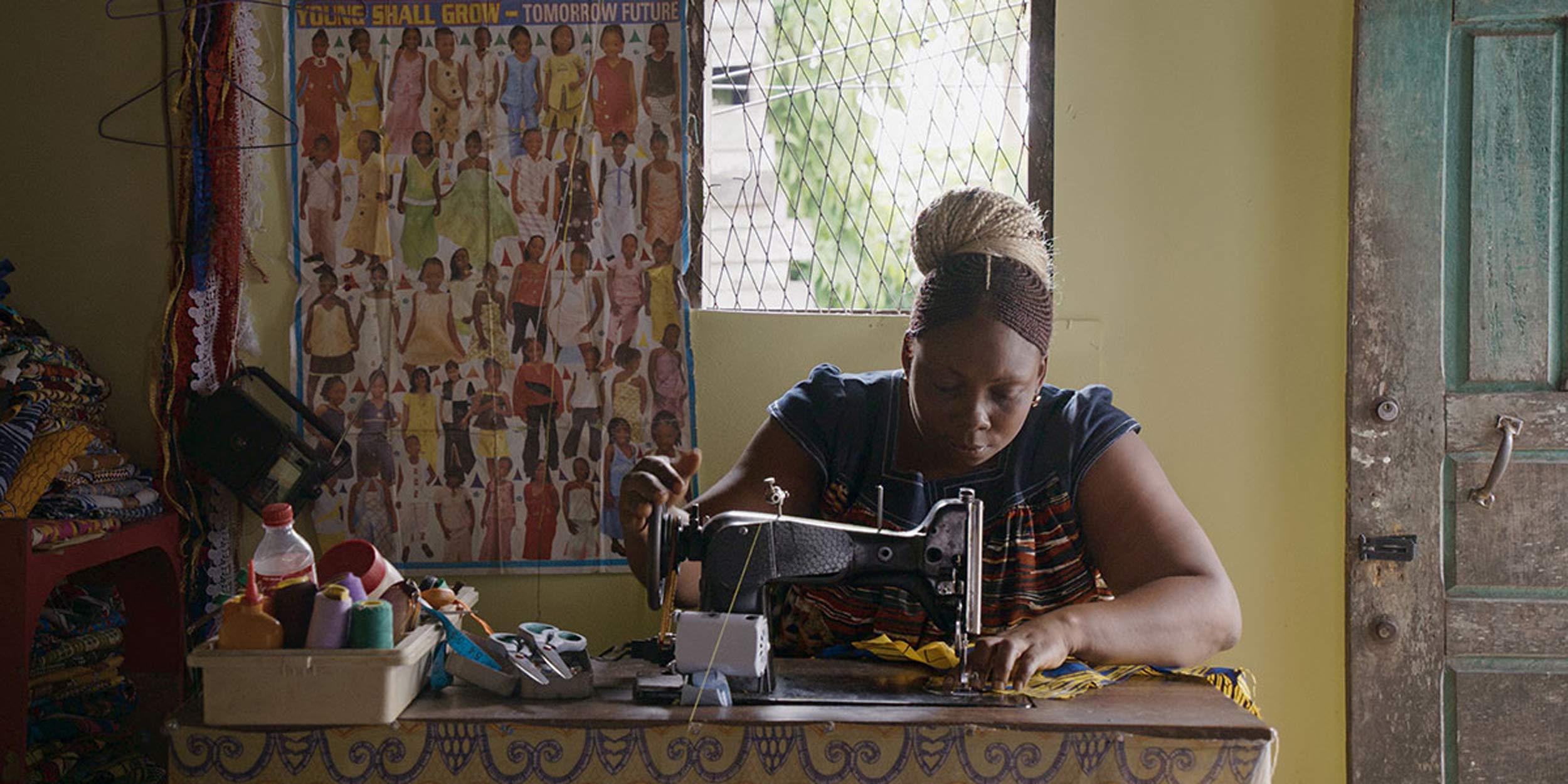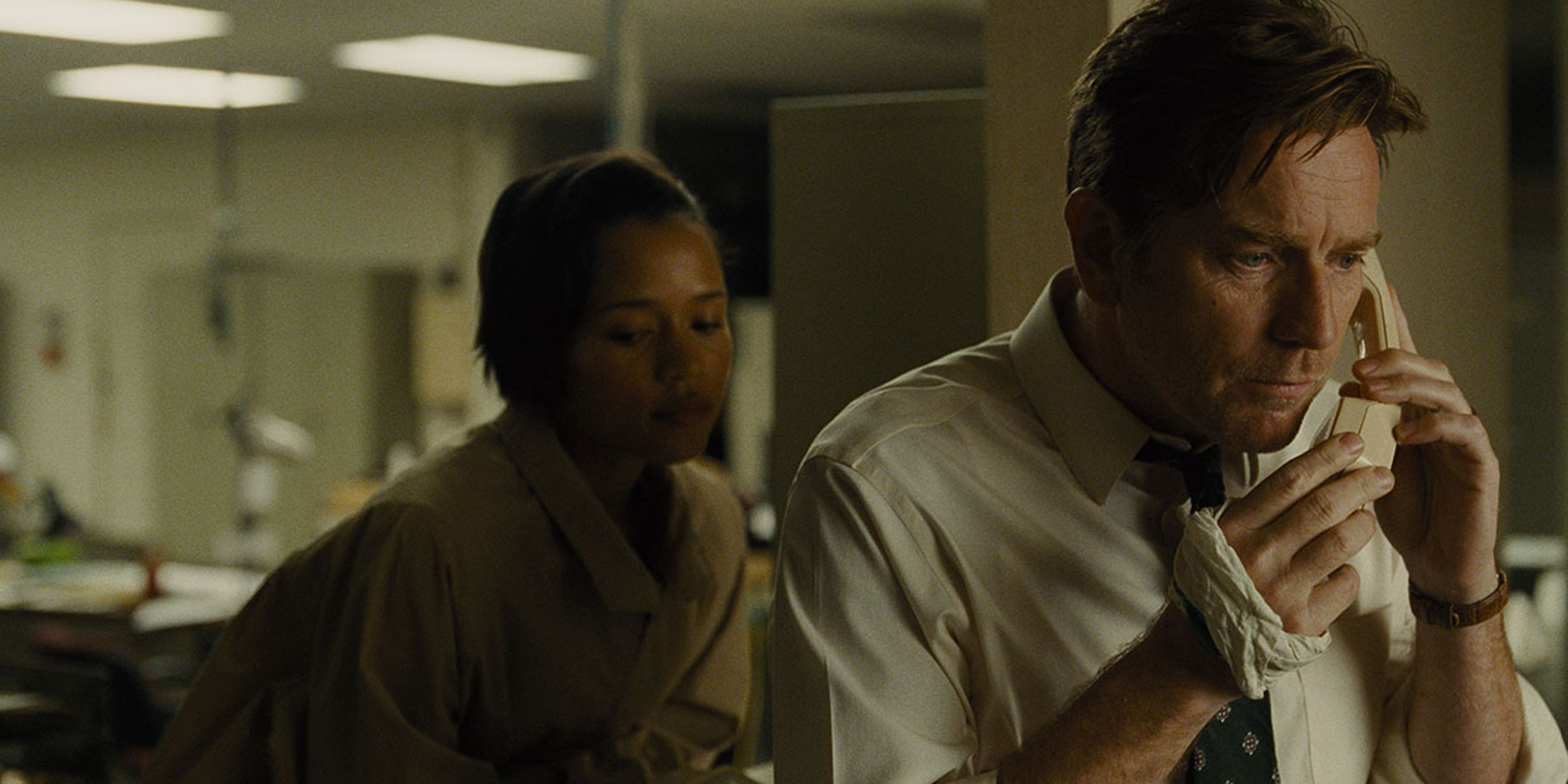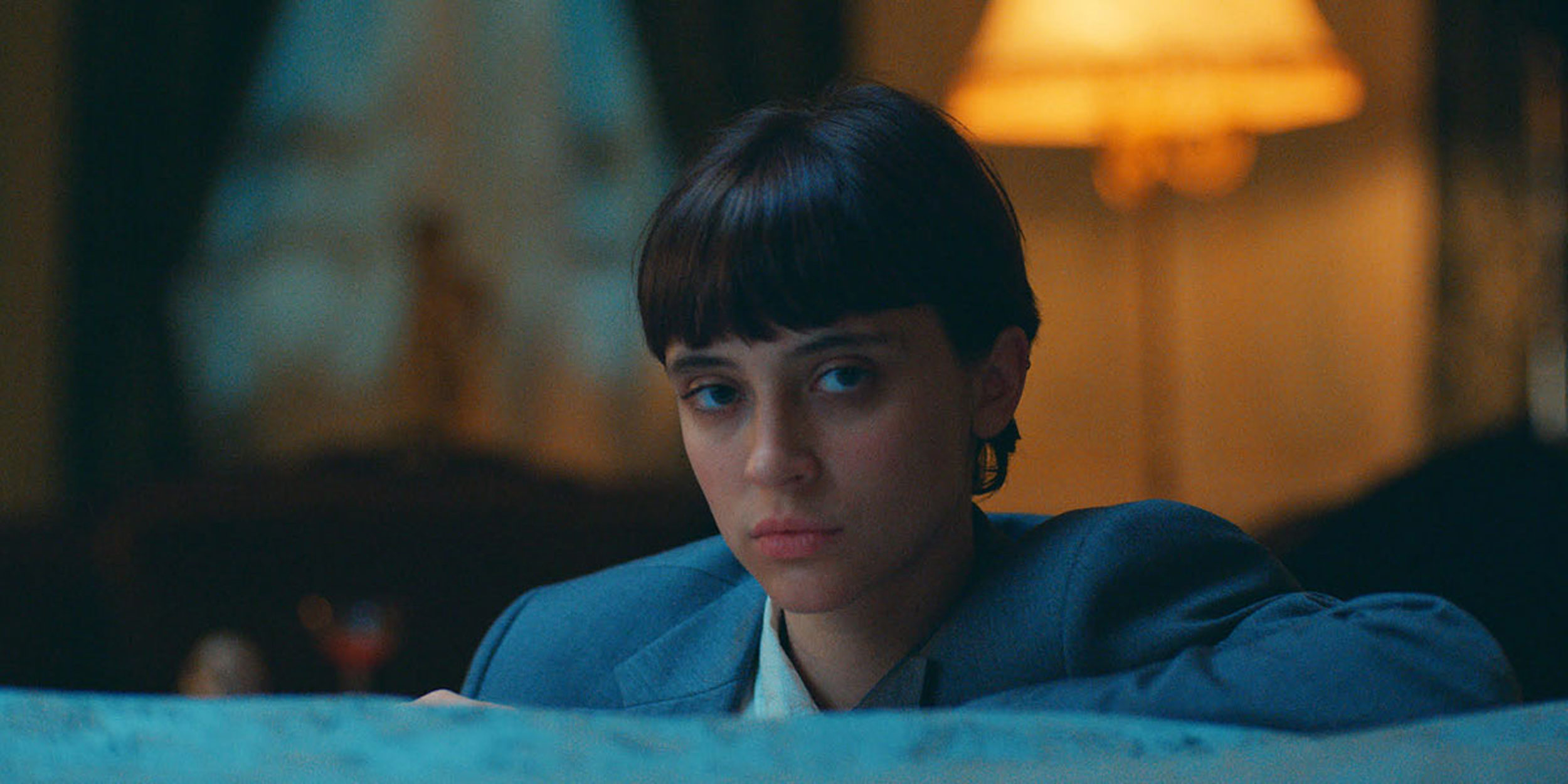Document took to the juggernaut of the film festival circuit, parsing through its most impressive under-the-radar offerings
On the fall film festival circuit, Venice may be the most glamorous, and Telluride may be the most intimate, but the Toronto International Film Festival is the juggernaut, screening hundreds of new works over 11 days. Even a city as starved for the arts as Toronto goes on hold for TIFF every year. (Literally: For the initial days of the festival, the busy thoroughfare of King Street is renamed ‘Festival Street,’ and becomes pedestrian-only.)
Last week, rush lines curled around the block for buzzy titles like Hayao Miyazaki’s The Boy and the Heron, as well as Cannes favorites The Zone of Interest and Anatomy of a Fall, and Venice Grand Jury winner Evil Does Not Exist. New titles also joined the conversation for fall awards, such as The Holdovers, His Three Daughters, and People’s Choice Award winner (a frequent bellwether for Best Picture) American Fiction. Despite the presence of big films, the festival was noted for the absence of big stars, owing to ongoing strike action by SAG-AFTRA. The void left by Hollywood celebrities perhaps gave the event a different flavor—one focused more squarely on cinema as an art form, with an emphasis on independent productions with less ready-made buzz.
Consequently, Document turned toward the films you might not hear about come award season—yet they stand on their own two feet, small but seismic in their own right. Whether you’re looking for a poignant drama about generational abuse, or a neo-fantasy Western shot on 16mm, these offerings suggest a breadth of cinematic achievement beyond the rote, narrow limits of Hollywood.
Days of Happiness, dir. Chloé Robichaud
Comparisons to last year’s Tár are inevitable, but in Québec director Chloé Robichaud’s masterful third feature, the focus is on the struggling ingénue and not the abuser. Emma (Sophie Desmarais) is a young conductor competing for a contract with the Orchestre Métropolitain (OM) of Montréal, but she finds her ambition hampered by the overbearing presence of her abusive, reactionary father and agent, Patrick (Sylvain Marcel). Through years living under Patrick’s thumb, Emma has become risk-averse, perfection-obsessed, and guarded—a prohibitive position to be in as she realizes that, in order to elevate her conducting to the highest level, she must allow herself to feel more deeply, fully, and freely.
Robichaud deftly navigates the barriers to self-liberation and resilience—particularly at a moment that valorizes women for being empowered, capable, and confident without considering how that often means putting oneself in the path of violence. Created in collaboration with the real-life OM, Days of Happiness’s thrilling score becomes something like a partner to Emma’s character: It develops alongside her, culminating in one particularly moving scene with no words—just an emotional on-stage duet between Desmarais’s sharp, soaring gestures and the orchestra’s sound.
La Suprema, dir. Felipe Holguín Caro
Set in 2001, La Suprema follows Laureana, a gutsy, stubborn teenager who learns that her estranged uncle is preparing to compete for a world title in boxing. An aspiring boxer herself, she needs to see the match—however, her village, La Suprema, has no electricity, let alone a TV to watch on. In fact, the small Afro-Colombian community has been completely excised from maps of the region, to the point that officials in Cartagena don’t believe that it exists.
Laureana’s journey to bring the boxing match home is paralleled by her efforts to understand La Suprema’s place in Colombia, confronting the anti-Blackness that has left them isolated and unserviced. A fighter in every sense of the word, she is not prepared to be brushed off or to accept platitudes from the state. This is a film that celebrates the beauty of a community on its own terms, patiently capturing the extraordinariness of everyday families, friendships, and acts of courage.
National Anthem, dir. Luke Gilford
In National Anthem, photographer Luke Gilford builds on his 2020 photo book of the same name, honoring the International Gay Rodeo Association and envisioning a different—more sensitive and warm—kind of cowboy masculinity. His rapturous feature debut follows 21-year-old construction worker Dylan (Charlie Plummer) as he falls in with a group of trans and queer ranchers in the New Mexico desert. Calling their collective ranch ‘House of Splendor,’ they show Dylan the affection and tenderness he was never given at home, and he expands his horizons, gaining the courage to try both bull riding and drag. National Anthem is a moving meditation on belonging, porosity, and community, as well as a tender love story.
With Gilford’s background in photography, it is no surprise that the images here are gorgeous: Particularly memorable is an overhead shot of Dylan and his love interest Sky (played by the magnetic Eve Lindley) lying together in the back of a moving pick-up truck. Also noteworthy is the performance of Mason Alexander Park, who toggles between stoic and playful, and an inventive soundscape scored by Devotchka’s Nick Urata, with songs also contributed by Perfume Genius. It’s hard to believe this is Gilford’s first film—or that it was shot in only 17 days—but it signals a promising directorial career to come.
Riddle of Fire, dir. Weston Razooli
This indie neo-fantasy opens on the pint-sized Princess Petal, a dirty, tangle-haired, blonde girl reciting prophecies and spells in a forest; pictured on dreamy Kodak 16mm, you would not, at first, believe the film is set in present-day Wyoming. Riddle of Fire is shot through with this childlike, imaginative gaze, tracking young Petal, Alice, Hazel, and Jodie on their ill-fated quest for blueberry pie. Leaving smears of paint, dirt bike tracks, and gummy worms in their wake, the kids run afoul of a coven known as the Enchanted Blade Gang, leading them on a mission to take down the “woodsy bastards.”
In a league of its own genre-wise, Riddle of Fire is full of surprises, blending a nostalgia for childhood make-believe with a Wes Anderson-ian penchant for the ridiculousness of very serious children. This kind of naïve energy is matched by the DIY feel of the production, which is sometimes imperfect, but more often endearing in its heart and ambition. As Hazel and Alice insist, “The best things in life are cute!” This is certainly true of Razooli’s kooky debut, a likely future cult classic.
Mambar Pierrette, dir. Rosine Mbakam
Known for her documentary work, Cameroonian filmmaker Rosine Mbakam turns to fiction to explore the life of a dressmaker, Mambar Pierrette, in the city of Douala. Preparing orders for the new school year, Pierrette’s bright and intricate designs enact a kind of care for her community, building networks of support that she may need when an unexpected crisis arrives. Her attention to beauty might recall Audre Lorde’s conception of the erotic, or the sensory and aesthetic pleasures that help us glimpse a life beyond capitalist drudgery.
Mbakam borrows from documentary, demonstrating a commitment to responding to life rather than forcing it to conform to cinematic tendencies: Her vision is that of the titular character, who the camera follows like a shadow. She also insists on casting ‘real’ people rather than actors, arguing that giving her community the right to express itself is a political act—one that pushes against the remnants of imperialism in both Cameroon and the film industry at large.
Mother, Couch, dir. Niclas Larsson
With a cast including Ewan McGregor, Ellen Burstyn, Taylor Russell, F. Murray Abraham, and Rhys Ifans, this gem may not seem all that ‘unexpected’; however, like many on this list, it, too, is remarkably a first feature. The story unravels from a straightforward, but surprisingly thorny, problem: David (McGregor), Gruffudd (Ifans), and Linda (Lara Flynn Boyle) are helping their 82-year-old mother (Burstyn) shop for furniture when she sits down on an old couch and refuses to get up. Their mother’s stubbornness elicits its share of emotional revelations, but also catalyzes a bizarre chain of disasters, including but not limited to bloodshed and a flood of Biblical proportions (preceded, appropriately, by an in-store banquet that the failing store owners dub ‘The Last Supper’).
Absurd and dryly funny (F. Murray Abraham plays twins named Marcus and Marco! Taylor Russell is Marco’s charming and inquisitive daughter!), Mother, Couch toggles between a simple act of refusal and the grander, often surreal emotional swoops that trumpet Larsson’s epic cinematic ambitions.
Spirit of Ecstasy, dir. Héléna Klotz
French pop star Claire Pommet (Pomme) impresses as Jeanne, a young nonbinary quant in the cutthroat world of investment banking. Coming from a working-class, military family in the suburbs, they struggle to find a foothold in the industry, resorting to stealing suits and tailoring them with a stapler, and talking their way into promotions.
Though Klotz’s film doesn’t appear to be message-driven, it does offer a compelling portrait of what it takes to navigate career advancement while striving to be seen for who you are. Its script is sometimes aimless, but is ultimately anchored by a steady and thoughtful lead performance, rich cinematography, and a thumping, layered score—not to mention plenty of sumptuous fashion moments and electrifying motorcycle rides.


